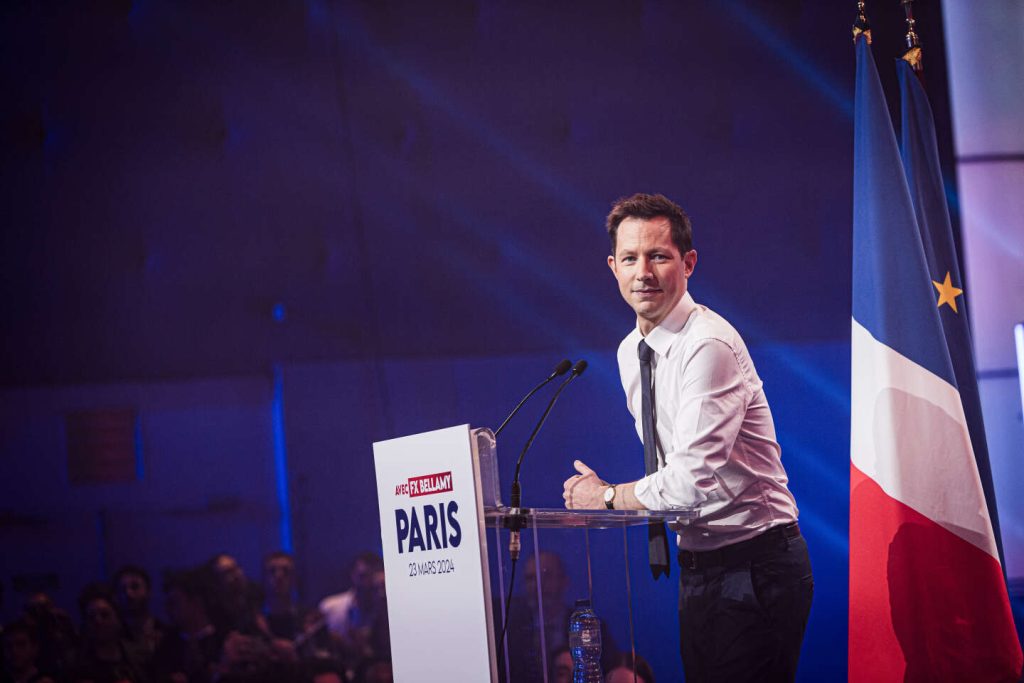The leaders of the Les Républicains (LR) party learned a valuable lesson from the poor performance of the list led by François-Xavier Bellamy in the European elections, where they only received 7.3% of the vote. Bellamy’s list struggled to gain attention for its EU proposals, focusing instead on flashy television appearances. The party failed to bring the debate beyond the traditional issues of sovereignty vs European integration, and was overshadowed by the polarized contest between Emmanuel Macron and the RN. Despite managing to maintain some seats, the LR list lost two MEPs and marginalized itself further within the strengthened European People’s Party (PPE).
The LR electorate has narrowed to a homogeneous group, with support dropping below 10%, relegating the party to a minor status. During the European elections, some right-wing voters who had previously supported Emmanuel Macron in the presidential election of 2022 returned to LR, but this was offset by others who shifted their support to the far-right Le Pen or Zemmour. The party struggled to appeal to a wider range of voters and failed to capitalize on the momentum gained by Macron’s En Marche movement in 2017, instead clinging to a past where the UMP held a strong position in French politics.
The LR leaders’ focus on the seriousness and competence of their candidates, their track record in the European Parliament, and their affiliation with the PPE reflects a nostalgic view of a time when the party held a secure position in French politics. Presenting candidates from civil society – such as a farmer, a general, and a doctor – may have been an attempt to appeal to new voter expectations in the era of Macron, but ultimately came across as superficial responses to the party’s decline. The party had been banking on a programmatic renovation led by former MEP Geoffroy Didier, but results have been slow to materialize in a party that undergoes cyclical renewal every five years without significant impact.
The LR party’s struggle to connect with a broader electorate highlights the challenges faced by traditional parties in a changing political landscape. The failure to engage with new issues and respond to evolving voter demands has left the party marginalized and unable to compete effectively in a polarized political environment dominated by larger, more dynamic movements. The need for a more radical overhaul and a fresh approach to policy and communication strategies is becoming increasingly urgent for parties like LR that risk being left behind in a rapidly evolving political landscape. The leadership must acknowledge the need for change and embrace a more innovative and inclusive vision to regain relevance and appeal to a wider audience.


